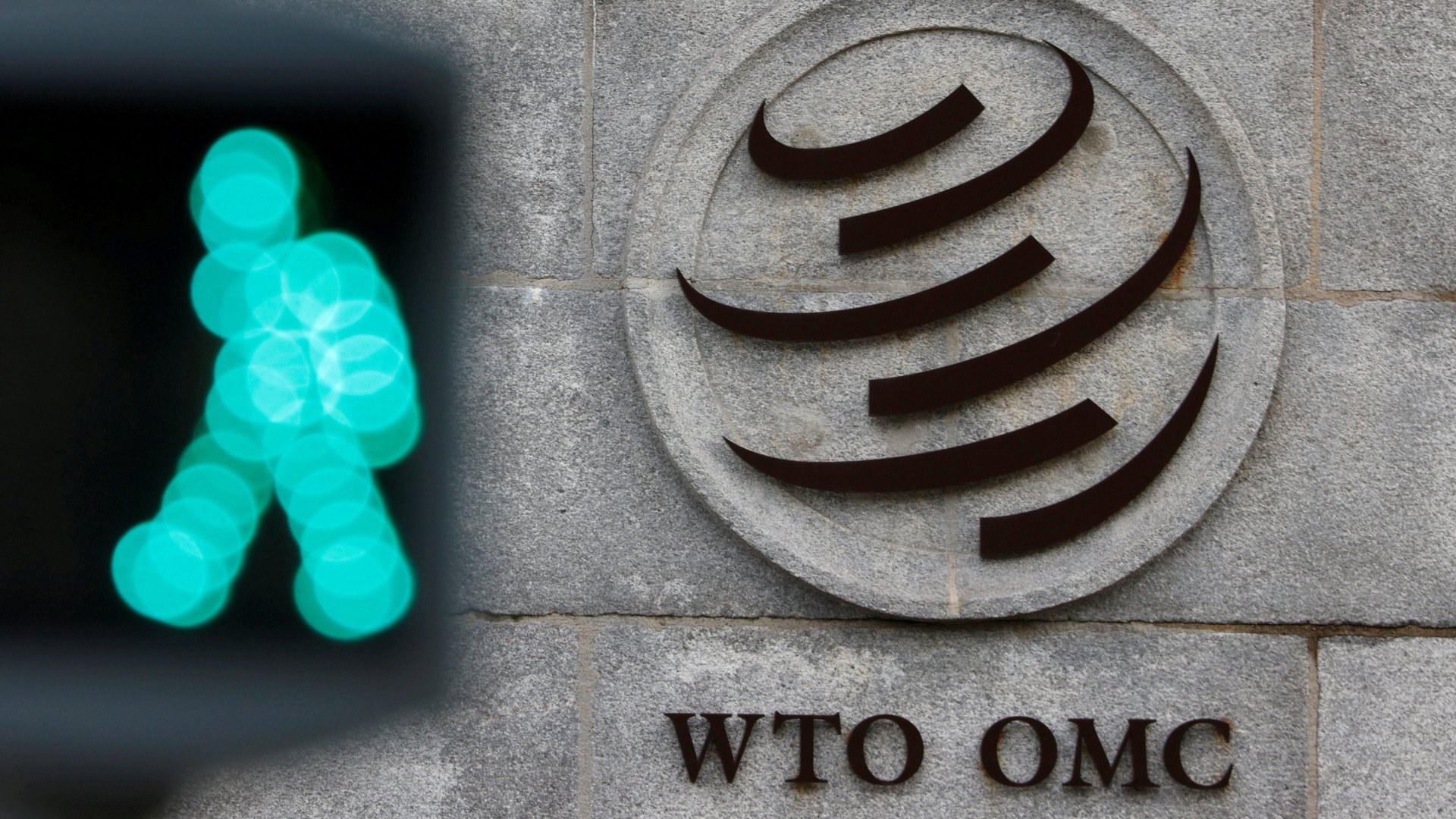The best ways to help poor countries get better access to Covid-19 treatments
Since the beginning of the pandemic, Covid-19 has been a great highlighter of inequality. While anyone regardless of wealth, gender, nationality, or age—can get the virus, disadvantaged communities and individuals by and large are paying a higher price.


Since the beginning of the pandemic, Covid-19 has been a great highlighter of inequality. While anyone regardless of wealth, gender, nationality, or age—can get the virus, disadvantaged communities and individuals by and large are paying a higher price.
Among the inequalities is the gap between wealthy and poor countries in accessing vaccines. Not only do lower-income countries have fewer choices of vaccines—having to rely on those that don’t require extremely low temperatures for storage—but they don’t have access to as many existing doses of vaccines.
To get a sense of the inequality, the US has currently administered 17 doses of vaccine per every 100 people. Most developing countries have yet to receive any doses, and of those that have started their campaign, they have administered less than a dose per 100 people.
One way developing countries can have a fairer shot at getting vaccines—as well as other Covid-19 treatments and protective supplies—is by making their own.
In order to do so, a group of countries led by India and South Africa has proposed the World Trade Organization (WTO) enforce an exception to its regulations to allow a suspension of international intellectual property rights for technologies that fight Covid-19. In practice, suspending the Trade-Related Aspects of Intellectual Property Rights agreement, or TRIPS, would let countries produce the vaccine, or other medications and technologies, without paying the fee set by the manufacturer, which is in many cases unaffordable for poor governments.
Western producers aren’t thrilled about this. PhRMA, a US lobbying organization representing big pharmaceutical companies, attacked the initiative and demanded the US pressure the WTO not to allow it. But Ngozi Okonjo-Iweala, the newly appointed WTO director-general who was formerly a chair of GAVI, an international organization working to subsidize access to vaccines for poor countries, has stated clearly her priority is promoting equitable access to vaccines and other Covid-19 technology.
This doesn’t necessarily mean that the WTO will suspend patents. In fact, Okonjo-Iweala has suggested companies reach licensing agreements with poor countries, as AstraZeneca did with the Serum Institute of India, the world’s largest facility for vaccine production.
But while important, allowing patent exceptions is hardly enough for poor countries to get fair access to Covid-19 treatments. This is why advocates for global fair access to medications are pushing for other reforms. According to Jamie Love, a drug access advocate and the director of Knowledge Ecology International, an organization working on knowledge sharing and governance, there are a few reforms—both short and long term—that could make the global supply of medication more equitable not just for this pandemic, but future ones, too.
Open the market
Since April 2020, several large healthcare equity organizations have advocated the WTO encourage rich countries to open their markets to Covid-19 medical products from developing countries. Currently, according to TRIPS regulation, the world’s richest countries had to opt out of importing medications produced under compulsory licensing in developing countries. (A compulsory license means a government mandates the making of a public good by paying a set fee, without negotiating with the patent holder.) The principle behind it is that rich countries would pay for the development of certain medications, and poor countries could make them for a fraction of the price, but only for their internal market, so as not to bring compete with drug companies in wealthy countries.
This, however, makes it very hard for drugmakers in developing countries, particularly ones without large internal markets, to secure the necessary investments, essentially slowing down the timeline of production and distribution of treatments. This is a problem always, but it’s especially dangerous at a time when the whole world is in a race to produce enough vaccine and treatments for Covid-19, so making an exception to this requirement, even temporarily, would greatly help scale up the production of treatments outside rich countries.
It’s how you make it, not just what you make
In the longer term, lifting some patent requirements is crucial. But in an emergency, it won’t do much unless drug makers are willing to share the methods and techniques required to actually produce the vaccine.
Without a commitment to share vaccine- and drug-making knowledge, developing countries will still be very much delayed in their race to treat Covid-19. This sharing might come as a corollary to the TRIPS exception, but the WTO can also encourage countries to sign an additional explicit commitment to this sharing.
While know-how and processes can be complex to transfer, as they often require movement of personnel and an investment in local training, there are existing examples showing it can be done quickly and effectively. Pfizer, for instance, was quickly able to absorb the expertise of BioNTech to speed up the development of the vaccine they are co-producing.